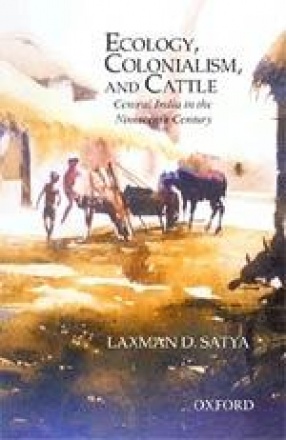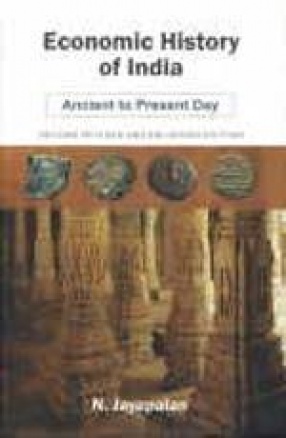When the traditional interdependency between agriculture, grazing lands, and forests in India was fractured by the commercial onslaught of British colonial rule, the implications for the environment were devastating. This book studies this environmental change and its impact on the cattle rich region of Berar in Central India. Since this age-old interdependency was crucial for the survival of both cattle and people, British colonialism created conditions from which there was no escape except through resistance. Like in the rest of South Asia, drought, famine, disease, and death become a banal feature of British rule in this region. Colonial commercialization led an all out attack on the village commons that were designated as ‘wastelands’ to be exploited. This book studies the impact of the colonial take-over of forests and grazing lands on land and agriculture, water availability, pasture and grazing lands, manure, fodder, firewood, the condition of soil, and disease epidemics that afflicted cattle. It comments on the imperial ideological underpinnings and the response of the British colonial establishment to the problem of water and fodder scarcity. Ecology, Colonialism, and Cattle is among the first ecological histories of cattle and the impact of colonial commercialization on its environment to have been written on South Asia. It will interest historians, geographers, environmentalists, veterinarians, ecologists and political economists. Students, scholars, and general readers will also find this book an important resource and an engaging read.
Cotton Famine in Berar 1850-1900
$32.40
$36.00





There are no reviews yet.